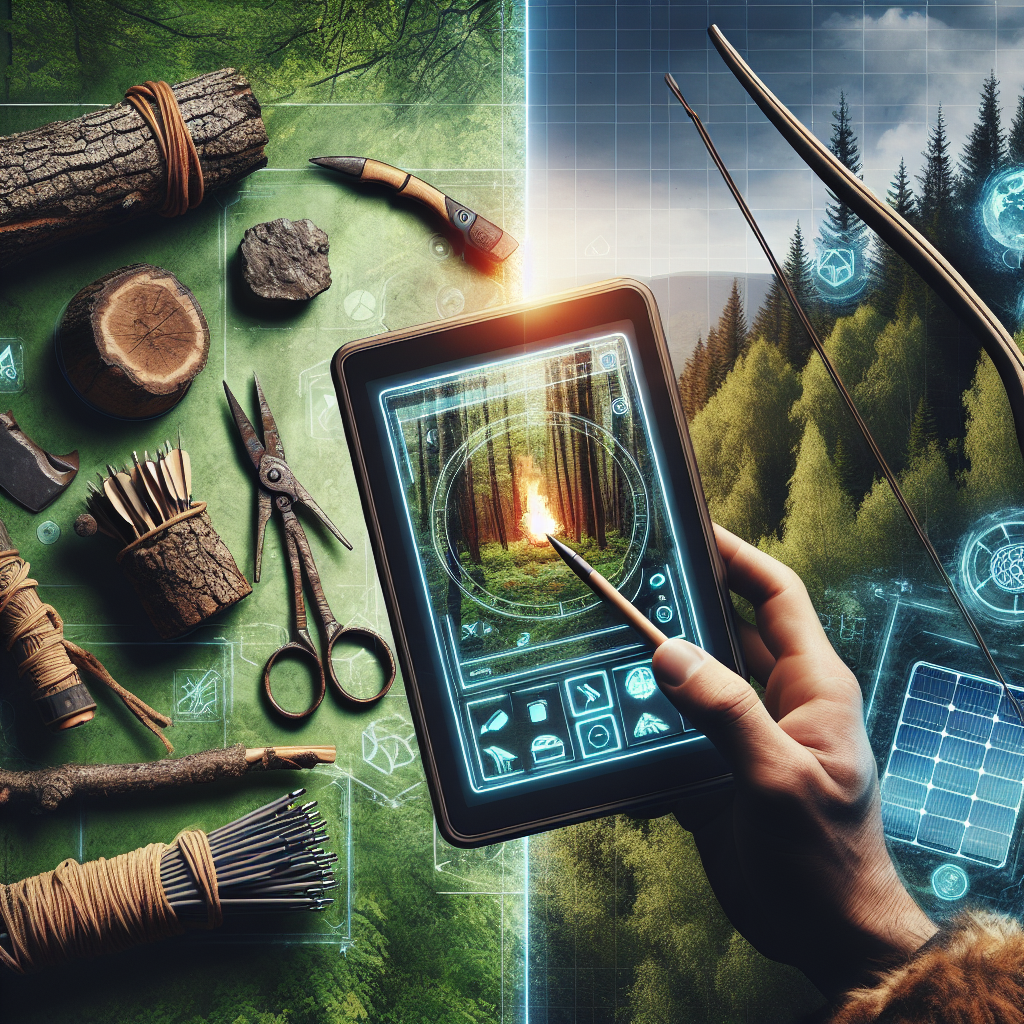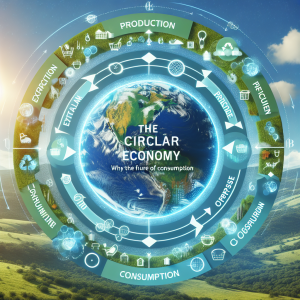The Role of Technology in Sustainability
Technology plays a pivotal role in advancing sustainability, acting as a catalyst for innovative solutions that address environmental challenges. At the forefront of this evolution is the integration of renewable energy technologies. Solar panels, wind turbines, and advanced energy storage systems have revolutionized how we generate and store energy. These technologies reduce reliance on fossil fuels, cut greenhouse gas emissions, and promote cleaner, more sustainable energy production.
The IoT, or Internet of Things, further enhances energy efficiency. Smart grids, for instance, allow for real-time monitoring and management of electricity consumption. This technology optimizes energy distribution and reduces waste by ensuring energy is where it’s needed most. Smart homes equipped with IoT devices such as thermostats, lighting systems, and appliances can automatically adjust settings for optimal energy use, contributing significantly to energy conservation efforts.
Another area where technology aids sustainability is in agriculture. Precision farming technologies, including GPS and drones, enable farmers to monitor soil conditions and crop health with unprecedented accuracy. These tools help farmers apply water, fertilizers, and pesticides more efficiently, reducing environmental impact and conserving natural resources. Vertical farming, supported by LED lighting and hydroponics, offers a sustainable solution to meet the rising global food demand while minimizing land use and water consumption.
Waste management is another domain benefiting from technological advancements. Recycling processes have been enhanced through the use of artificial intelligence and robotics. These technologies can sort and process recyclable materials more efficiently, reducing the volume of waste sent to landfills. Moreover, waste-to-energy technologies convert non-recyclable waste into useful energy, offering a sustainable alternative to traditional waste disposal methods.
Transportation, a significant contributor to global emissions, is undergoing a transformation thanks to technology. Electric vehicles (EVs) have gained popularity as a cleaner alternative to traditional gasoline-powered cars. Advances in battery technology continue to improve the range and efficiency of EVs, making them more accessible to consumers. Furthermore, the development of autonomous vehicles holds promise for optimized traffic flows and reduced emissions, as they can be programmed to operate more efficiently than human-driven vehicles.
Sustainable urban development is increasingly reliant on technology. Smart city initiatives leverage data and connectivity to improve urban living environments. By integrating sensors and communication technologies, cities can optimize resource usage, reduce pollution, and enhance public services. For example, smart traffic management systems can reduce congestion and emission levels by adjusting traffic signals based on real-time traffic data.
Renewable energy storage is crucial for balancing supply and demand and ensuring the stability of green energy networks. Batteries, flywheels, and other innovative storage solutions support the continuous delivery of electricity, even when renewable sources aren’t actively producing energy. Technologies such as blockchain are also being used to create decentralized energy networks. These networks enable peer-to-peer energy trading and empower consumers to become prosumers by generating their own electricity and sharing it with the grid.
Biodiversity conservation efforts are further bolstered by technology. Remote sensing technologies and satellite imagery support the monitoring of ecosystems and wildlife populations. Drones and camera traps provide detailed insights into species habitats, helping conservationists to devise more effective protection strategies. Genetic technologies, including DNA barcoding, help identify species and monitor genetic diversity, ensuring the preservation of vulnerable populations.
Moreover, water management solutions are crucial in regions facing scarcity. IoT-enabled sensors and smart irrigation systems optimize water usage in agriculture, dramatically reducing wastage. Desalination technology advancements make it possible to convert seawater into potable water more efficiently and sustainably, providing relief in arid regions.
Blockchain technology is offering new paths for transparency and efficiency in sustainable supply chains. By providing a secure, immutable ledger, blockchain enables companies to track the sourcing and movement of goods. This transparency ensures ethical production practices, reduces fraud, and allows consumers to make informed decisions about the sustainability of the products they purchase.
Artificial intelligence plays a significant role in enabling predictive analytics for sustainability. AI algorithms analyze vast amounts of data to predict weather patterns, crop yields, and energy consumption trends. These insights allow for proactive measures to mitigate adverse impacts on the environment and optimize resource use.
In industry, the concept of the circular economy, bolstered by technology, promotes the reuse and recycling of materials to minimize waste. Advanced manufacturing techniques such as 3D printing allow for the creation of products with minimal material wastage. Additionally, AI-driven design processes can optimize product designs to extend their lifecycle and enhance resource efficiency.
Moreover, educational technology platforms are driving awareness and training in sustainable practices. Virtual classrooms and online courses offer widespread access to sustainability education, fostering a new generation of environmentally conscious individuals. Gamification of learning experiences further engages users, promoting behavioral change and raising awareness about sustainability issues.
The role of technology in sustainability is constantly evolving, enabling more efficient and effective solutions to global environmental challenges. Its application spans various sectors, from energy and agriculture to transportation and biodiversity conservation. As technology continues to advance, it holds promise for driving sustainable development and promoting harmony between human activity and the natural world. By leveraging technological innovations, societies can transition towards more sustainable futures, ensuring the well-being of the planet and generations to come.



